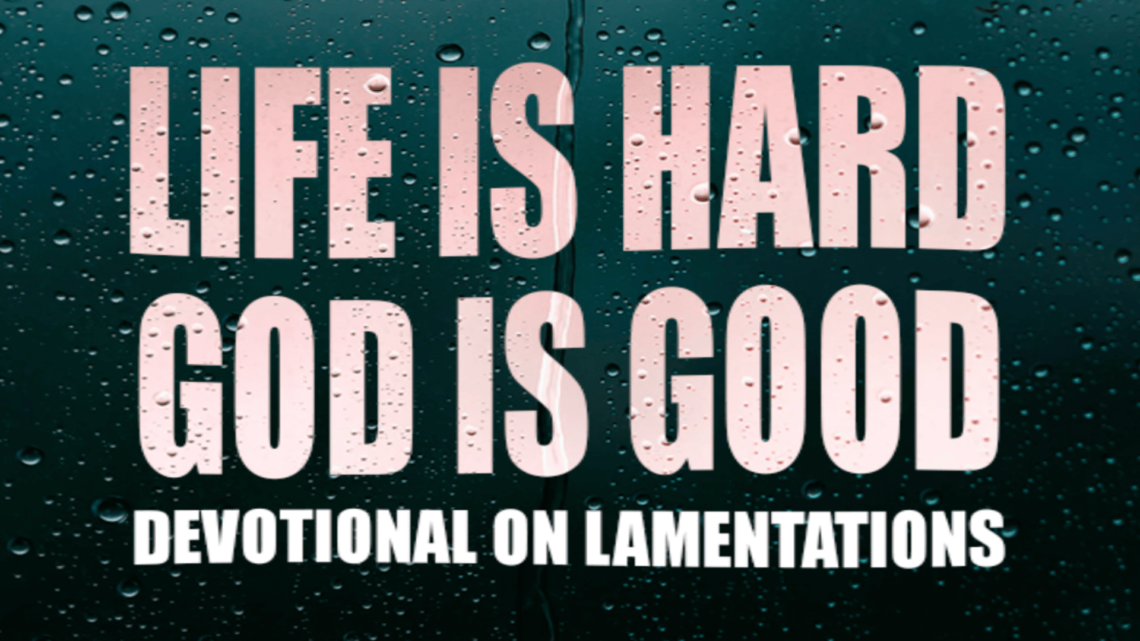READ: Lamentations 2:19
Arise, cry out in the night, as the watches of the night begin;
pour out your heart like water in the presence of the Lord.
Lift up your hands to him
Jewish people traditionally read the entire book of Laminations aloud when they observe Tish B’Av, which is a holiday that memorializes the temple’s first destruction. These gatherings are somber and intentionally bleak. They almost resemble a funeral with bowed heads, black clothing, and the sounds of sobbing. When you look at Israel’s tragic history, from the Holocaust to their lives in exile, their existence has been plagued with pain.
How do they manage to carry such a heavy burden? They have made lamenting a lifestyle.
Jeremiah listed off their hardships line by line. This poem contains problem after problem, but the author does offer a solution. He agonized, “cry out in the night, as the watches of the night begin; pour out your heart like water in the presence of the Lord. Lift up your hands to him” (Lamentation 2:19). Despair should lead us to prayer. Jeremiah told his people to cry out in the middle of the night, pour out their hearts, and lift up their hands to God. Surrounded by torment, they should turn to God.
There is a fascinating line in verse eighteen of this chapter. “Cry out, oh wall of Zion” (Lamentations 2:18). The city of Jerusalem was renown for its big walls surrounded by watchtowers. Living there was like living in a bank vault. However, under the command of Nebuchadnezzar, the Babylonians obliterated their walls — turning their fortress into ruins. This section is a call for everything, even the broken walls, to lament.
You may find yourself in the midst of ruins. Whether you’re walking through the wreckage of your life or the ruins of your past relationships or the destruction of a broken world, cry out to God in the midst of the ruins. Worship within the wreckage. God dwells in the debris.

